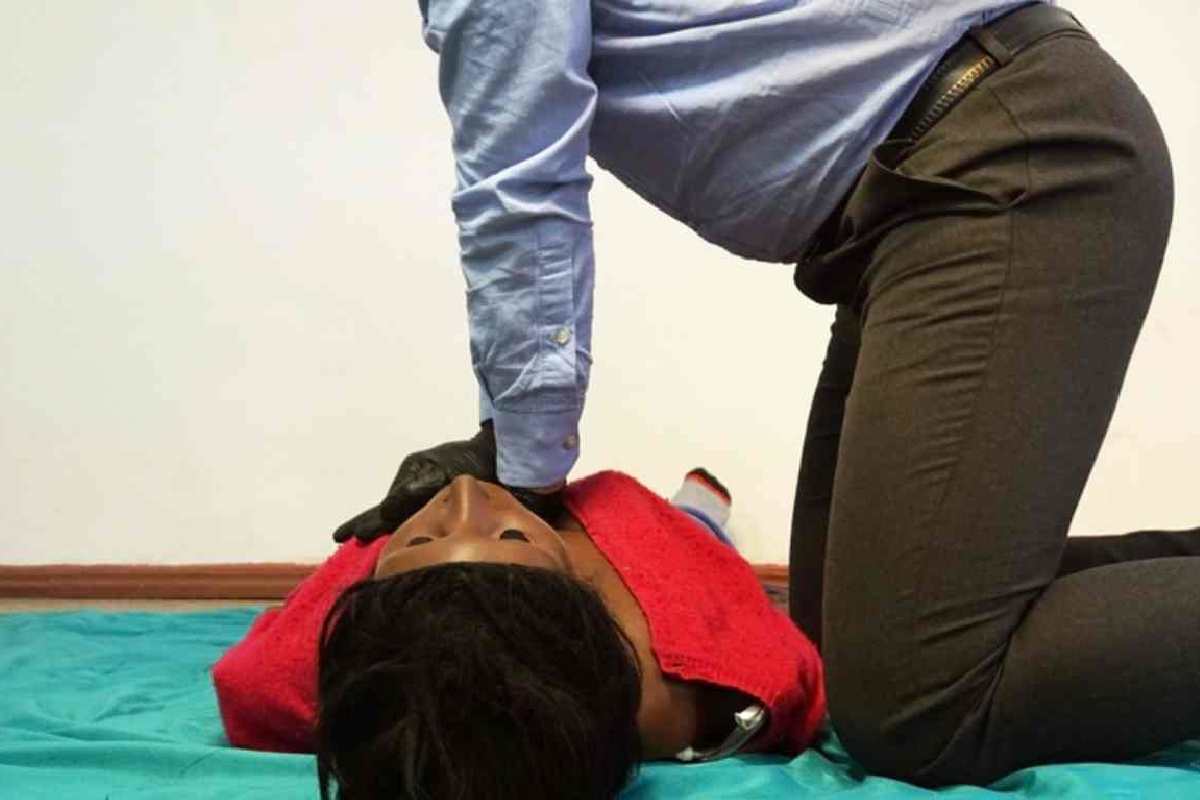Mastering Life-Saving Techniques: The Importance of BLS Renewal for Canadians

In the realm of emergency response, the ability to provide effective and immediate care can make all the difference. Basic Life Support (BLS) is a fundamental set of life-saving techniques that empower individuals to respond confidently in critical situations. However, acquiring BLS certification is not a one-time endeavour; it requires periodic renewal to ensure that skills remain sharp and up-to-date. In this comprehensive guide, we delve into the importance of BLS renewal for Canadians, emphasizing the value of staying proficient in life-saving techniques.
Table of Contents
Understanding Basic Life Support (BLS)
BLS is a set of medical procedures that prioritize the preservation of life in emergency situations, particularly those involving cardiac arrest or respiratory failure. The techniques encompass chest compressions, rescue breaths, and the use of automated external defibrillators (AEDs). BLS is not limited to healthcare professionals; it is a skill set that benefits anyone who may find themselves in a position to provide immediate assistance during a life-threatening emergency.
The Significance of BLS Renewal
BLS skills are not static; they evolve with advancements in medical knowledge and technology. Regular BLS renewal ensures that individuals remain adept at applying the latest techniques and guidelines, fostering a higher level of confidence and efficacy in emergency response. Here are some key reasons why BLS renewal is crucial:
1. Adherence to Updated Guidelines:
– Medical guidelines and protocols are subject to periodic updates based on research and advancements in resuscitation science.
– BLS renewal courses incorporate the latest guidelines, ensuring that practitioners are aligned with the most current standards.
2. Retention of Proficiency:
– Like any learned skill, BLS proficiency diminishes over time without regular practice.
– BLS renewal courses provide an opportunity for individuals to refresh their skills, maintain muscle memory and quick response times.
3. Introduction of New Technologies:
– Technological advancements, such as updates to AEDs or changes in their application, are integrated into BLS renewal courses.
– Staying current with these technologies enhances the effectiveness of emergency response.
4. Enhanced Confidence in Emergencies:
– Regular BLS renewal instills a sense of confidence and competence in individuals, allowing them to respond effectively and calmly in high-pressure situations.
– Confidence is a critical factor in providing timely and life-saving interventions.
The BLS Renewal Process
BLS renewal typically involves a combination of theoretical knowledge updates and practical hands-on training. The process is designed to reinforce existing skills, introduce any new guidelines, and assess the participant’s ability to apply BLS techniques in simulated scenarios. Here is an overview of the BLS renewal process:
1. Theoretical Updates:
– Participants receive updated information on BLS guidelines, protocols, and any recent changes in resuscitation science.
– Theoretical components may be delivered through in-person classes, online modules, or a combination of both.
2. Practical Skills Review:
– Hands-on training sessions focus on reviewing and practicing BLS techniques, including chest compressions, rescue breaths, and AED use.
– Instructors provide real-time feedback to ensure participants perform techniques correctly.
3. Simulated Scenarios:
– Simulated scenarios replicate real-life emergency situations, allowing participants to apply their BLS skills in a controlled environment.
– These scenarios assess the ability to prioritize and execute life-saving interventions under varying conditions.
4. Written Examination:
– BLS renewal courses often include a written examination to evaluate participants’ understanding of theoretical concepts and guidelines.
– Successful completion of the examination is typically a requirement for renewal certification.
5. Certification Renewal:
– Upon successful completion of the BLS renewal process, participants receive a renewed certification.
– Certification renewal periods vary, and individuals are encouraged to check the expiration date on their current certification to ensure timely renewal.
The Role of BLS in Canadian Emergency Response
In Canada, where vast landscapes and diverse communities present unique challenges for emergency responders, the importance of BLS cannot be overstated. Whether in urban centers or remote areas, individuals equipped with BLS skills can be invaluable in bridging the gap between the occurrence of a medical emergency and the arrival of professional medical assistance.
BLS renewal is particularly relevant for:
– Healthcare Professionals: Including doctors, nurses, and paramedics who require BLS as part of their professional qualifications.
– First Responders: Such as police officers and firefighters who may be the first on the scene of a medical emergency.
– Laypersons: Members of the general public who recognize the significance of being prepared to respond to emergencies in their homes, workplaces, or communities.
Empowering Lives through BLS Renewal
In a world where emergencies can happen at any time and in any place, BLS renewal emerges as a commitment to readiness and preparedness. The ability to provide effective and immediate care through BLS techniques can be a literal lifesaver. Canadians, whether healthcare professionals or laypersons, are encouraged to prioritize BLS renewal as an ongoing commitment to empowering lives, fostering resilience, and making a meaningful difference in critical moments. Stay informed, stay trained, and stay ready – because every second counts when it comes to saving lives.

